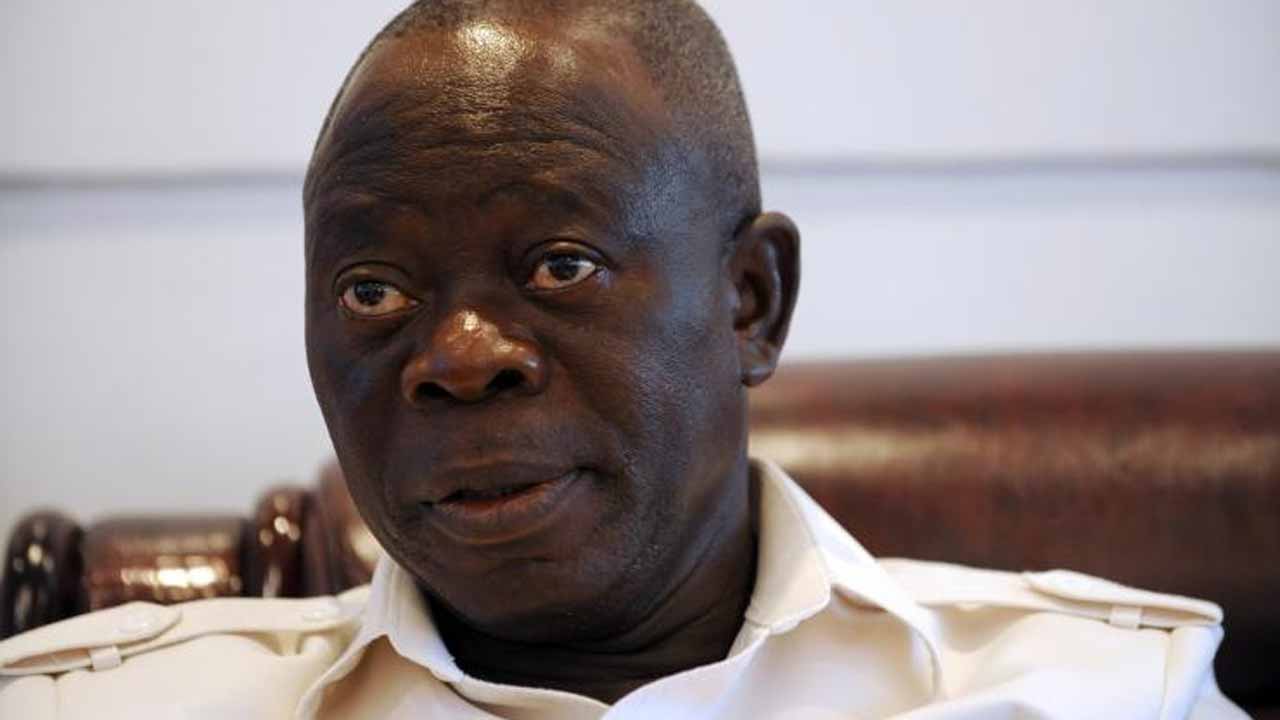Against the latest round of fuel scarcity rocking many parts of the country, private oil marketers are calling for government intervention to enable t
Against the latest round of fuel scarcity rocking many parts of the country, private oil marketers are calling for government intervention to enable them to access foreign exchange at a special rate for the importation of Premium Motor Spirit (petrol). According to them, selling the product at N145 per litre is no longer feasible with the current exchange rate.
Private marketers stopped fuel importation last year due to shortage of foreign exchange and increase in crude prices, which they said had made it unprofitable to import petrol and sell same at N145 per litre. The National Operations Controller, Independent Petroleum Marketers Association of Nigeria, Mr. Mike Osatuyi, said, “The problem is that the importation (of petrol) is being handled almost 100 per cent by the Nigerian National Petroleum Corporation as private importers have backed out because the increase in crude price has made the landing cost enter subsidy.
“When the crude price hit $59 per barrel, we could not sell petrol again at N145 per litre if we were importing on our own. It is only the government (NNPC) that is importing and can warehouse the subsidy.”
He said the government through the Central Bank of Nigeria should have intervened by providing foreign exchange at a special rate solely for the PMS importation for both the NNPC and private importers.
Osatuyi said, “Right now, the landing cost of the PMS is N154. If you are importing at N305 to the dollar, by the time you add bank charges, it comes to N307 to the dollar. If you apply that to the current crude price, the landing cost is N154-N155. By the time you add all the margins, the pump price is about N160-N167.
“Before private importers can resume importation, the exchange rate to a dollar must be N250 and we can sell at the price of N145 per litre.”
The Executive Secretary, Depot and Petroleum Products Marketers Association, Mr. Olufemi Adewole noted that the increase in price of crude oil had led to a corresponding increase in the prices of refined products.
“Landing cost of the PMS today has increased. By the time we land the product based on the international crude oil prices, petrol should be selling for between N165 and N170 per litre. But government is saying we should sell at N145. So, if there is no subsidy, we have to depend on the NNPC to give us the product,” he said.
A Lagos-based oil marketing company said, “Unless government gives another ceiling price, it will not be good to sell at the current price if you import now. It is expensive to import now. Some people who have customers they don’t want to lose can just do small imports.”
Following the severe fuel scarcity the country experienced in the first quarter and parts of second quarter of last year, the Federal Government on May 11, 2016 increased the price of petrol to N145 per litre from N86, putting an end to fuel subsidy to marketers, in what was described as partial liberalisation of the sector. The Minister of State for Petroleum Resources, Dr. Ibe Kachikwu, recently noted that the non-availability of forex and the inability of marketers to open letters of credit had then forced them to stop importation.
He said the NNPC was forced to take up the obligation of providing more than 90 per cent of the domestic requirement to cover the demand for petroleum products, adding, “The NNPC was not designed to provide this kind of service. Historically, the NNPC had done an average of 48 per cent of Nigeria’s fuel requirement.”


